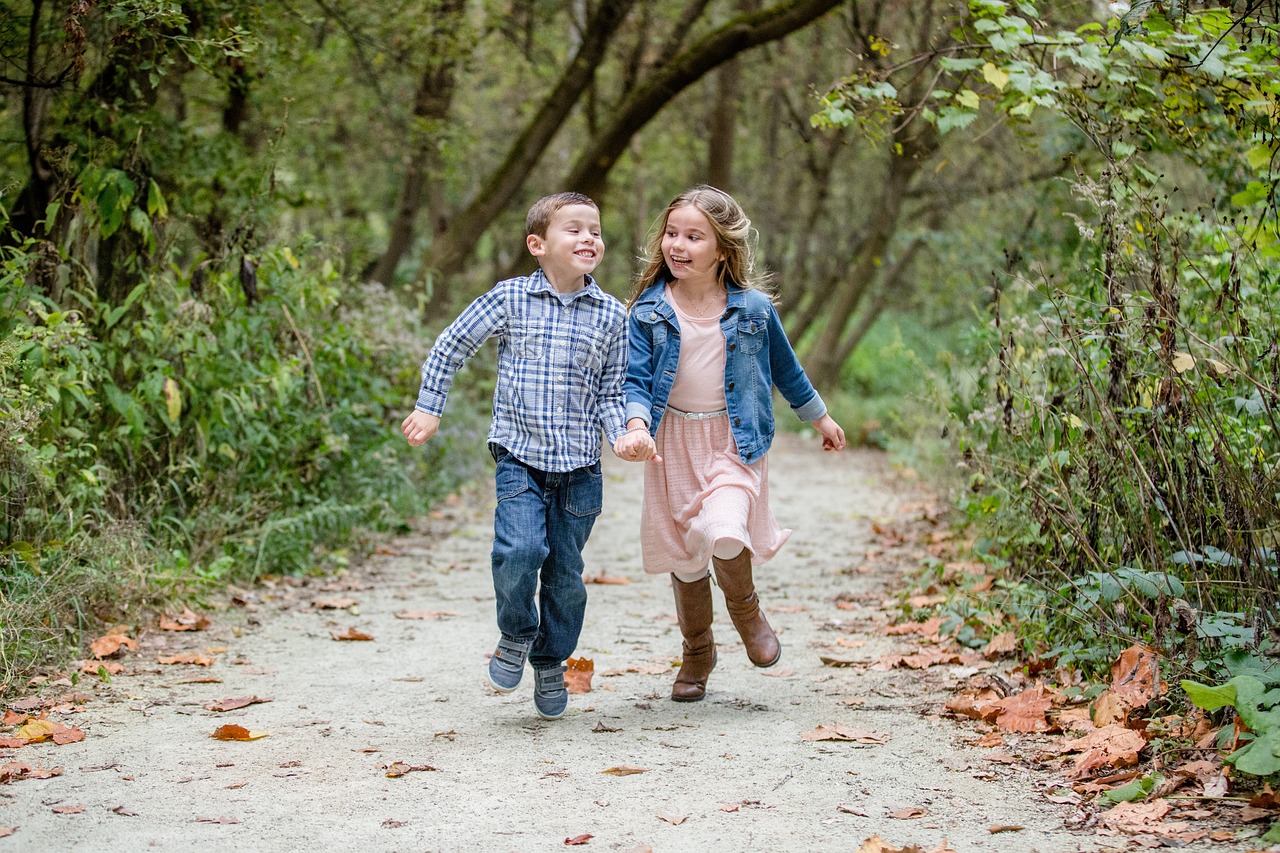Imagine being the only one in the house when the holiday season rolls around, no sibling to share the joy (or chaos) with, just you and the presents. Sounds kind of nice, right? But as per a new study, growing up without any brothers or sisters might have a bigger impact on you than you think.
Debate on growing up without siblings

A recent study by researchers at Tianjin Medical University General Hospital and other institutes in China, published in Nature Human Behaviour, aimed to explore how being an only child affects brain development and behaviour in adulthood. The study found specific patterns in brain activity and behaviour that are common among adults who grew up without siblings.
“With the rise of only-child families globally, it’s essential to understand the impact of growing up without siblings (GWS) on adult brain development, behaviour, and the underlying pathways,” wrote Jie Tang, Jing Zhang, and their colleagues in their paper.
Insights from the study
“Using the CHIMGEN cohort, we examined the links between GWS and various factors, including adult brain structure, function, connectivity, cognition, personality, and mental health. We also explored the pathway from GWS to the associated growth environments, brain development, and behaviour, studying 2,397 pairs of individuals with and without siblings, carefully matched in terms of key factors.”

The researchers analysed data from the Chinese Imaging Genetics (CHIMGEN) study conducted at 32 centres in China. Participants were paired with one only child and one person with siblings, matching them by demographics. By comparing the brains and behaviours of these pairs, they found notable patterns in only children, such as differences in white matter integrity, brain volume, neuronal activity, memory, mental health, and distinct behavioural traits like cognitive and personality tendencies.
Influence of environment on brain development
The study found that growing up without siblings (GWS) was linked to specific brain differences, such as higher language fibre integrity, lower motor fibre integrity, larger cerebellar volume, smaller cerebral volume, and reduced frontotemporal brain activity. Interestingly, contrary to common stereotypes, GWS was positively associated with neurocognition and mental health.
The researchers pointed out that while GWS directly influences the brain and behaviour, many of these effects are shaped by the environment, such as socioeconomic status, maternal care, and family support. This suggests that interventions focused on enriching the experiences of only children could potentially improve their brain function, mental health, and behaviour as adults.
Statistics show that family sizes are getting smaller in many countries, and more and more parents are choosing, whether intentionally or not, to have just one child. Although numerous psychological studies have examined the differences between individuals with siblings and those without, the impact of growing up without any brothers or sisters on one’s brain and behaviour remains not fully understood.


